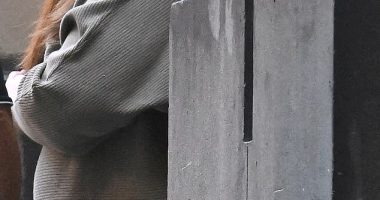
Albert Einstein’s traumatic childhood experiences colored his later life, in many ways for the better. The antisemitism he faced as a child in tandem with the rise of Nazism pushed the physicist to become an outspoken critic of racism, according to “Einstein on Race and Racism.” In 1931, he wrote an article calling out American racism for The Crisis magazine, the brainchild of writer and civil rights activist W.E.B. Du Bois. When Einstein moved to Princeton, New Jersey, a few years later, he befriended several prominent Black Americans, including the folk singer Paul Roberson and Marian Anderson, the opera singer, per Princeton Magazine.
Read Related Also: Woman charged over role in deadly crash NSW Riverina
Einstein’s negative experiences with the German education system also influenced him in adulthood. With his platform as a preeminent thinker, he often spoke out about the importance of creativity over dogmatic education. “Imagination is more important than knowledge,” he told an interviewer in 1929 (via “The Ultimate Quotable Einstein”). “Knowledge is limited. Imagination encircles the world.”









